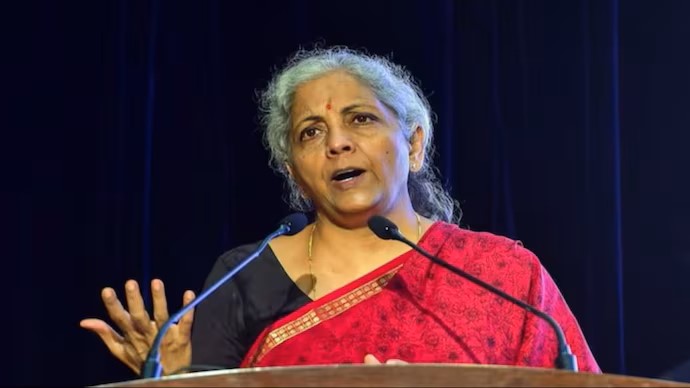Congress leader Jairam Ramesh criticized the Atal Pension Yojana, labelling it as a poorly designed scheme reliant on coercion to enrol participants. In response, Finance Minister Nirmala Sitharaman defended the scheme, accusing Ramesh of using verbal tactics to obscure facts and suggesting that he either misunderstands or deliberately misrepresents its fundamentals.
 The dispute arose when Ramesh shared an article alleging unauthorized openings of Atal Pension Yojana accounts. He described the scheme as a “paper tiger” that relies on officials coercing people into participation, reflecting, in his view, the Modi government’s focus on headline management rather than genuine benefits for the populace.
The dispute arose when Ramesh shared an article alleging unauthorized openings of Atal Pension Yojana accounts. He described the scheme as a “paper tiger” that relies on officials coercing people into participation, reflecting, in his view, the Modi government’s focus on headline management rather than genuine benefits for the populace.
Sitharaman countered Ramesh’s claims, accusing him of employing “verbal sophistry” to distort the truth and asserting that coercion is not involved in the scheme. She noted that under the Atal Pension Yojana, direct debit is only permitted with the explicit consent of the subscriber, who specifies the contribution amount, frequency, and authorization for auto-debit from their bank account during the application process.
Ramesh promptly responded to Sitharaman’s remarks, asserting that her defence masks the reality of coercion behind sophisticated language and academic jargon. He further criticized her leadership for allegedly deriding foreign academics, a community he claims she frequently seeks validation from.
In a fresh retort, Sitharaman labelled Ramesh a “spin doctor,” expressing surprise at his characterization of the scheme as coercive. She reiterated the voluntary nature of enrollment in the Atal Pension Yojana, emphasizing that subscribers provide explicit consent for direct debit during the application process. Additionally, she presented her arguments countering Ramesh’s criticisms of the scheme’s design and implementation.




